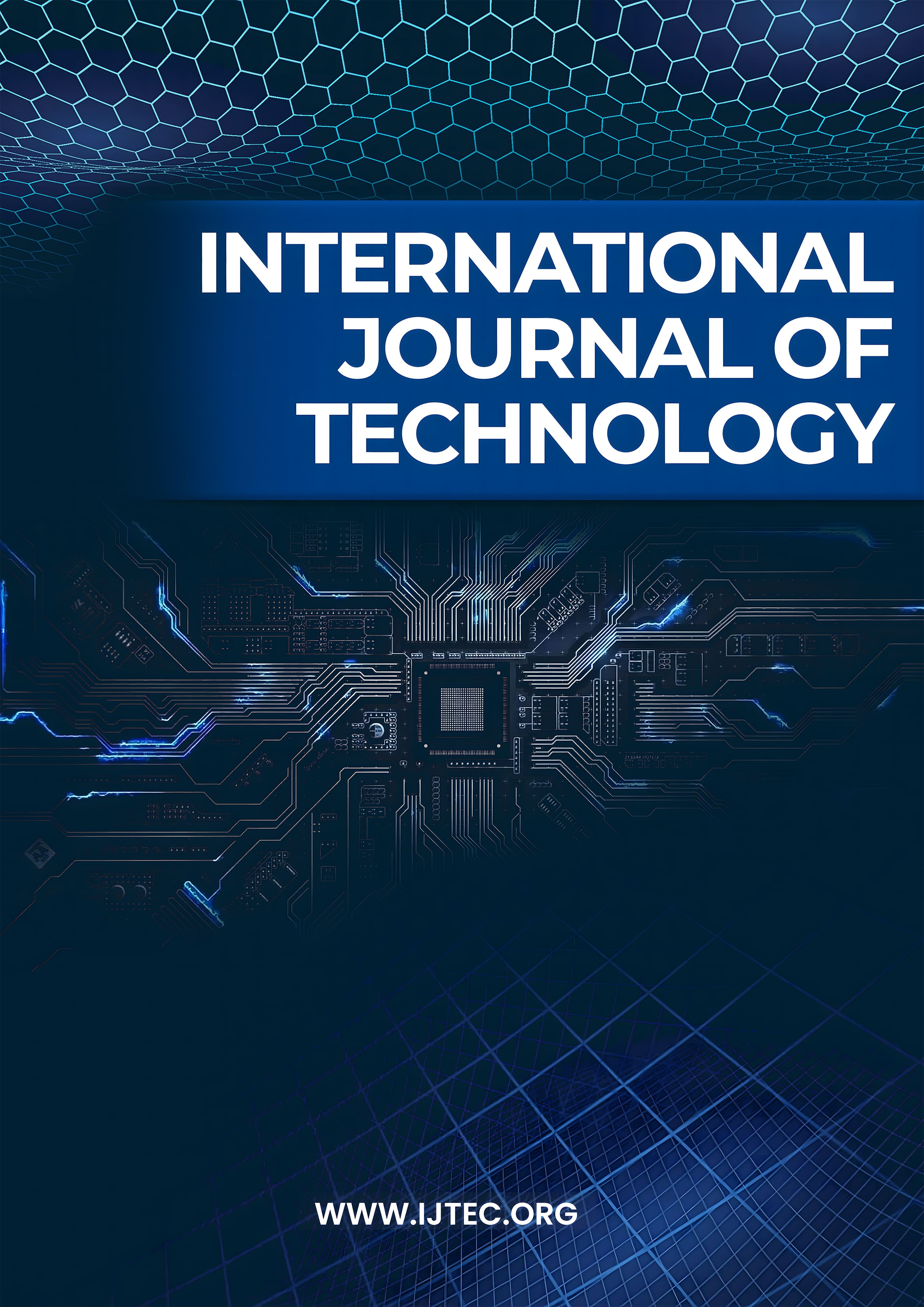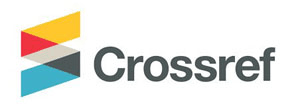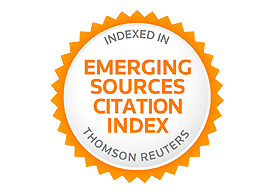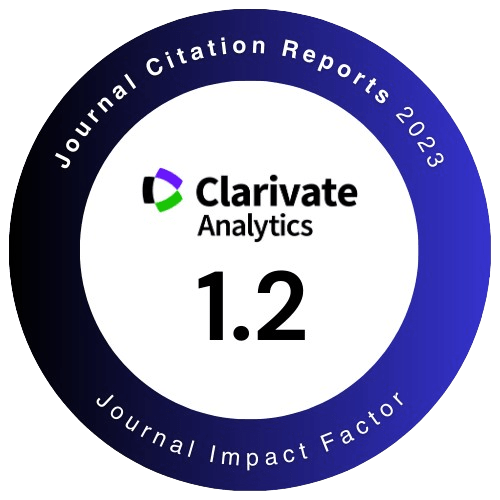Analysis of Blue-Collar Workers’ Intention to Use a Job-Seeking Application Feature using Unified Theory of Acceptance and Use of Technology Model
Abstract
The introduction of technology has caused an improvement in the recruiting sector, replacing old methods with more simplified and effective procedures. Recruiters can now access a wide range of technical developments by integrating digital platforms and tools, which helps them more successfully attract and hire top talent. This study employs the Unified Theory of Acceptance and Use of Technology (UTAUT) model and Partial Least Squares Structural Equation Modeling (PLS-SEM) to examine blue-collar workers' intentions to use an e-recruiting platform. The study, which included 212 respondents, provided insight into the variables of performance expectation, effort expectation, social impact, and facilitating conditions that affect people's propensity to use the job-seeking platform. The analysis of the data showed that effort expectations and social influence had an impact on behavioral intention, and behavioral intention had an impact on usage behavior. A thorough strategy was developed through data analysis, utilizing the Strengths, Weaknesses, Opportunities, Threats (SWOT) matrix and the Reach, Impact, Confidence and Effort (RICE) rating system. The conclusions and prioritized methods provided by the researchers serve as valuable tools for those engaged in the recruitment sector. This information empowers them to leverage technology effectively and make informed decisions to enhance the acceptance and utilization of e-recruiting platforms among blue-collar employees.
Keywords
Full Text:
PDFDOI: https://doi.org/10.14716/ijtech.v15i2.6689











